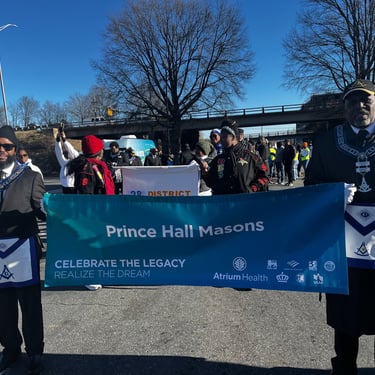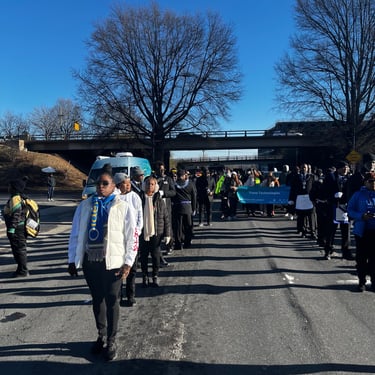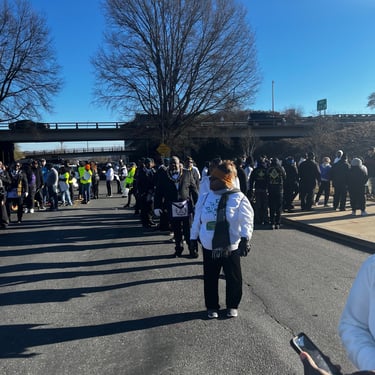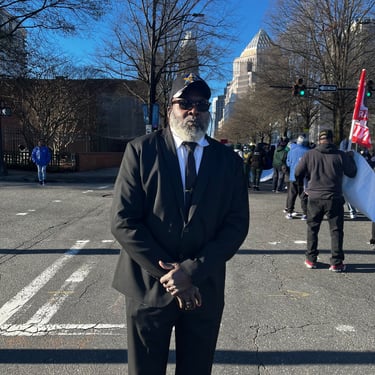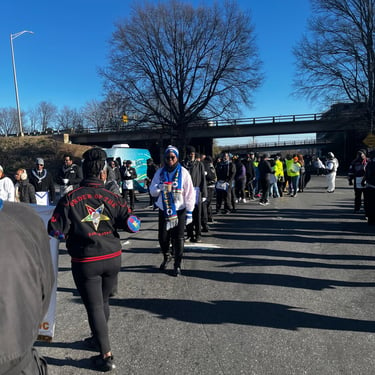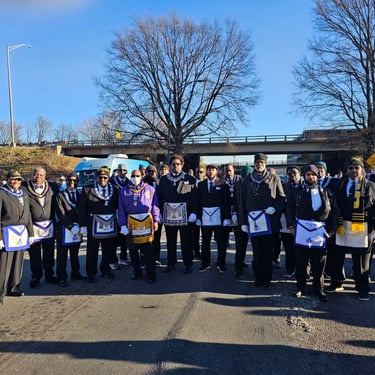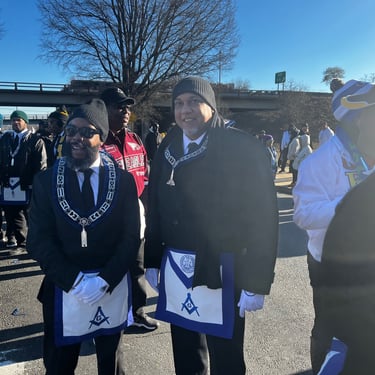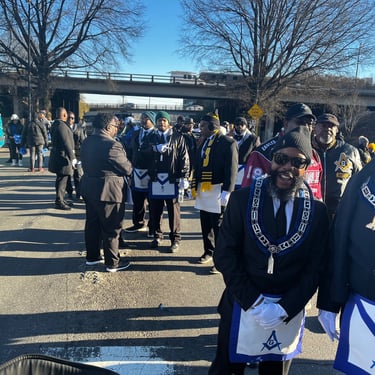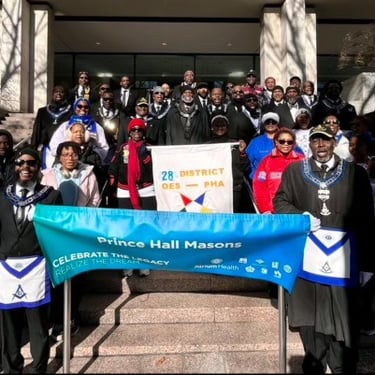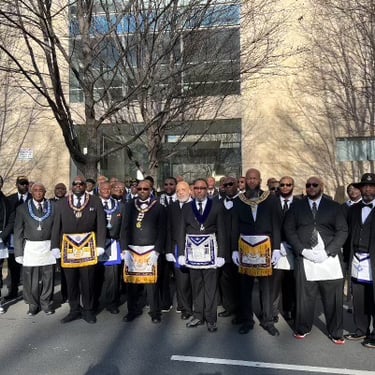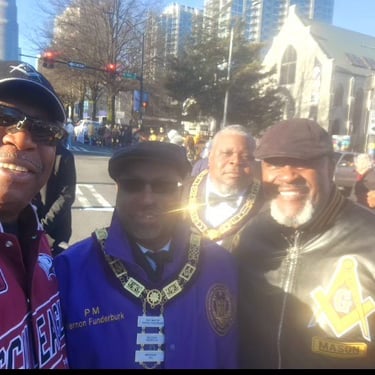Dr. Martin Luther King Jr. Holiday Parade
The Martin Luther King Jr. Parade holds significant importance as it honors the life and legacy of Dr. Martin Luther King Jr., one of the most influential leaders in the Civil Rights Movement. These parades, typically held around Martin Luther King Jr. Day in January, serve several key purposes:
1. Celebrating Equality and Justice
The parade celebrates Dr. King’s relentless fight for racial equality, justice, and civil rights. His advocacy for nonviolent resistance and his role in challenging systemic racism transformed the United States, leading to significant legal and societal changes. The parade is a reminder of these achievements and the continuing work needed to maintain progress.
2. Promoting Community Unity
Martin Luther King Jr. Day parades bring together diverse communities, allowing people of different backgrounds to unite under shared values of justice, equality, and respect. The event promotes a sense of togetherness, reminding us that the fight for civil rights involves everyone, regardless of race or ethnicity.
3. Inspiring Future Generations
By highlighting Dr. King’s speeches, accomplishments, and philosophies, the parade serves as an educational moment for younger generations. It introduces them to the historical significance of the Civil Rights Movement and the importance of standing up against injustice. The parade often features local youth organizations, schools, and activists, encouraging the next generation to continue Dr. King’s work.
4. Reflecting on Current Social Issues
The parade not only commemorates historical achievements but also brings attention to ongoing issues related to civil rights and social justice. It provides a platform for discussing contemporary challenges such as racial inequality, police brutality, voting rights, and economic disparities, linking Dr. King’s dream with the realities of today.
5. Cultural Pride and Representation
The parade is a celebration of African American culture and contributions to American society. It features performances, music, and art that reflect the richness of Black culture, highlighting its impact on the country’s identity and values.
6. A Call for Service and Activism
Many Martin Luther King Jr. Day events, including the parade, are linked to a broader national call for service. Inspired by Dr. King’s commitment to serving others, many organizations host volunteer opportunities alongside or following the parade. This aspect transforms the day from merely a remembrance to an active expression of his ideals through community service.
In short, the Martin Luther King Jr. Parade is a meaningful tribute to a man whose work profoundly shaped civil rights in America. It serves as a celebration, an educational moment, and a call to action, ensuring that Dr. King’s legacy continues to inspire positive change.
